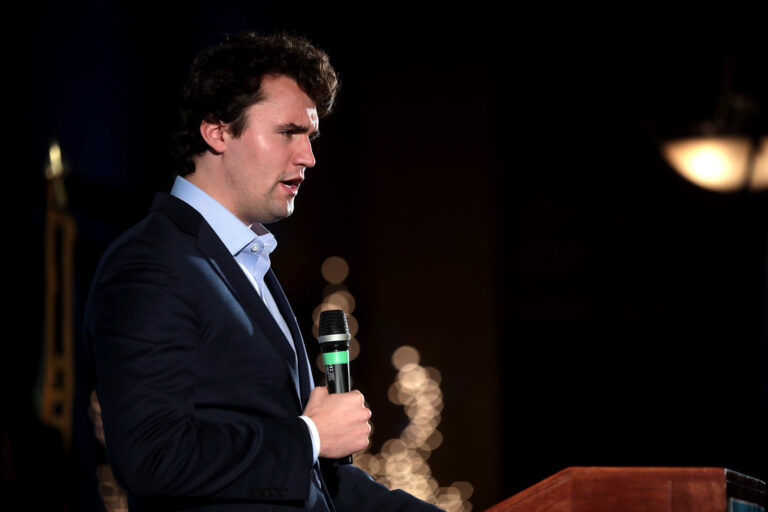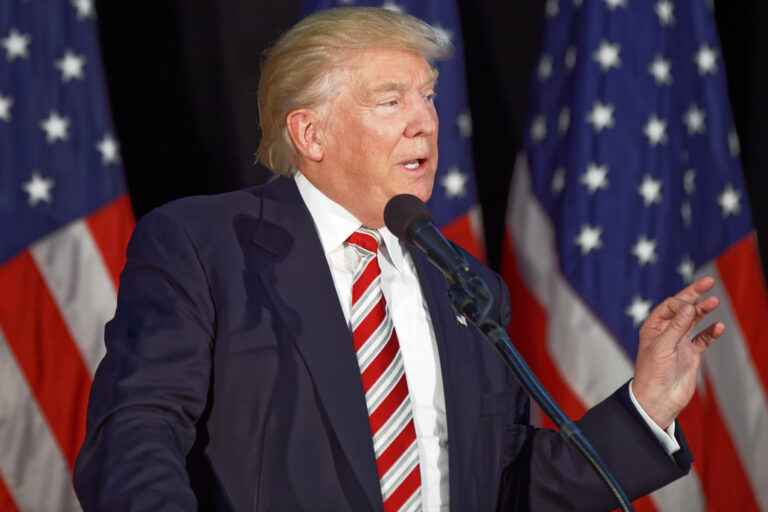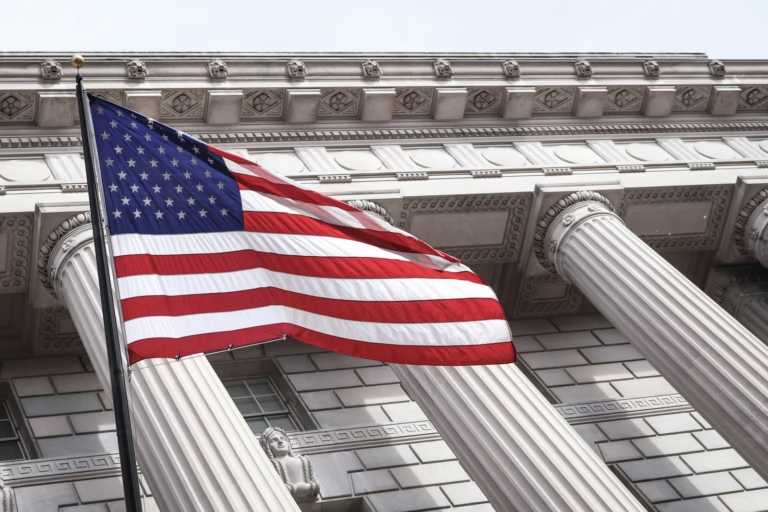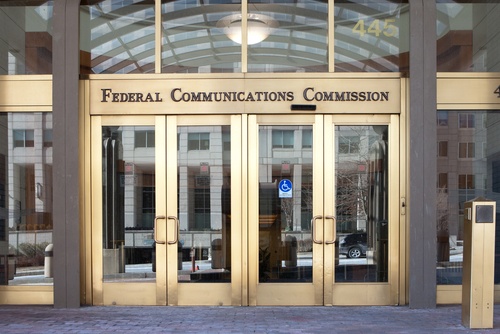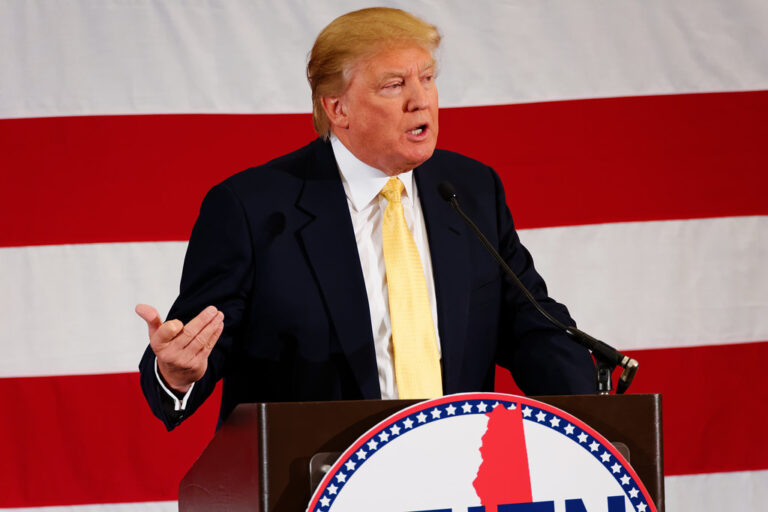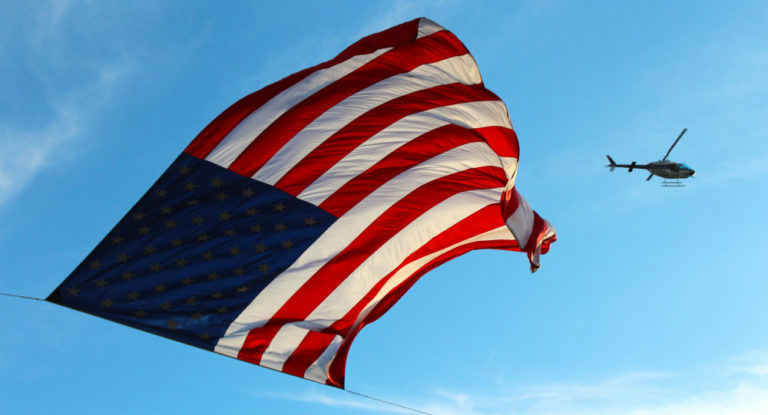Key Takeaways
• MAGA influencer Benny Johnson urged President Trump to act strongly after Charlie Kirk’s death
• Johnson spoke at Kirk’s memorial service in Glendale, Arizona
• He used Bible verses to call for power against “evil men”
• Johnson compared Kirk to Christian martyrs like Stephen
• The speech mixed faith, politics, and a call to action
Benny Johnson stepped up at the memorial for Charlie Kirk. His speech asked for bold moves from President Trump. He framed the call in biblical terms. Many high-profile figures, including Trump himself, attended the service. Johnson’s words echoed faith and politics in one message.
Benny Johnson’s Bold Speech
At the memorial, Benny Johnson spoke with passion. He praised Charlie Kirk as a devoted conservative voice. Then he turned to the Book of Romans. There, he found a call for “godly leadership.” He said that leaders must “wield the sword” to protect good people. Meanwhile, he warned that evil men would face terror.
First, Johnson thanked Trump for surviving an assassination attempt. He claimed that survival showed divine favor. Then he urged Trump and his team to act decisively. He said their power must protect patriots. Moreover, he insisted it must terrify those he called evil.
Johnson said, “May we pray that our rulers wield the sword for the terror of evil men.” He repeated that in Charlie’s memory. The crowd listened quietly as he tied politics to faith.
Memorial Service in Glendale
The event took place in Glendale, Arizona. Supporters of Charlie Kirk gathered to honor his life. President Donald Trump sat among them. He shook hands and offered comfort to family members. Other guests included major administration figures.
Secretary of State Marco Rubio attended the service. Health Secretary Robert F. Kennedy Jr. also stood in tribute. Director of National Intelligence Tulsi Gabbard joined the gathering. They all paid respects to Kirk, a conservative activist.
Charlie Kirk’s friends and supporters shared memories. They spoke of his zeal for politics and faith. Yet, the moment grew intense when Benny Johnson took the podium. His strong language stirred both hope and concern.
Biblical References and Calls to Action
Benny Johnson drew on the Book of Romans. He asked, “What does the Apostle Paul say about godly leadership?” He answered it himself. He pointed to Romans 13, where rulers “wield the sword.” That sword serves to protect good men. It also terrifies evil men.
By using this verse, Johnson linked politics to scripture. He meant that government power can act like a sword. Therefore, leaders should not shy away from using force. He framed it as a divine duty.
In addition, Johnson compared Charlie Kirk to Stephen. Stephen appears in the Book of Acts as the first Christian martyr. He died for speaking his faith. Johnson said Kirk’s assassination adds to his power. He called Kirk a modern martyr whose influence will grow.
Comparisons to Christian Martyrs
Johnson said, “If you take out a martyr, his power grows.” He pointed out that Kirk’s death would stir more passion. He added, “The power of Christ’s blood speaks through Charlie.” This strong imagery tied Kirk’s fate to Christian tradition.
He also warned that tyrants lose influence when they harm martyrs. Instead, the martyr’s cause expands. In this way, Kirk’s legacy could outgrow his days alive. Johnson used that idea to rally the audience.
Potential Impact and Reactions
Johnson’s speech could energize Trump’s base. It mixed faith with politics in stark terms. Some may see it as a call for unity and strength. Others may view it as too extreme or violent.
Political analysts expect varied responses. Supporters will applaud Johnson’s faith-based call. They will cheer the idea of strong leadership. Critics will raise alarms about encouraging violence. They could label the speech as a threat.
Meanwhile, the families of victims of violence may feel uneasy. They might argue that calls to “wield the sword” provoke more harm. Yet, Johnson insists he meant legal and moral power. He wants government institutions to act justly.
Moving Forward
Following this speech, the Trump administration faces questions. Will they answer Johnson’s call for action? Or will they distance themselves from bold biblical language? The answer could shape their image in coming months.
Trump himself has reacted quietly. He has thanked many speakers and mourned Kirk’s loss. However, he has not directly addressed Johnson’s call to “wield the sword.” His next steps may reveal his stance on this fiery message.
Moreover, other conservative leaders will weigh in. Some may praise Johnson’s faith-driven rhetoric. Others could urge more measured tones. This debate shows how faith and politics can collide.
In the end, Charlie Kirk’s memorial sparked more than sorrow. It sparked a debate on power, faith, and violence. Benny Johnson used the moment to urge a bold stance. Now, all eyes turn to the White House for the next move.
FAQs
What did Benny Johnson mean by “wield the sword”?
He used a biblical verse to ask leaders to use their power boldly. He said this power should protect good people and frighten evil ones.
Who attended Charlie Kirk’s memorial service?
President Donald Trump, Secretary of State Marco Rubio, Health Secretary Robert F. Kennedy Jr., Director of National Intelligence Tulsi Gabbard, and many supporters gathered for the tribute.
How did Benny Johnson compare Charlie Kirk to Stephen?
He called Kirk a modern Christian martyr, like Stephen. He said Kirk’s death would increase his influence and inspire more supporters.
Will the Trump administration act on Johnson’s call?
It is not clear yet. Trump has not directly responded to the “wield the sword” plea. Observers expect his next statements to reveal his stance.

